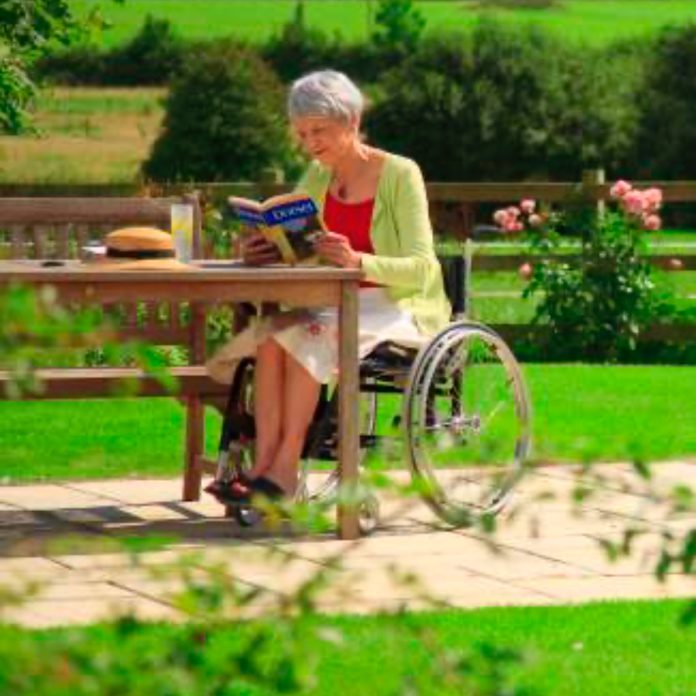Planning a holiday is an exciting time for any family, offering a chance to escape the routine of everyday life and create lasting memories together. However, for families with accessibility needs, the planning process can involve additional considerations to ensure the holiday is enjoyable and comfortable for everyone. Whether it’s ensuring wheelchair accessibility, managing sensory sensitivities, or addressing other specific requirements, thoughtful preparation is key. This article provides advice for parents planning a holiday with accessibility needs, aiming to make the process as smooth and stress-free as possible.
Research Your Destination Thoroughly
The foundation of a successful holiday with accessibility needs lies in thorough research. The more you know about your destination, the better you can prepare for any potential challenges and ensure that the needs of your family are met.
Accessibility Information: Look for destinations known for their accessibility features. Many cities and tourist attractions provide detailed information on accessibility on their websites, covering everything from wheelchair access to services for visitors with sensory sensitivities.
Accommodation: When booking accommodation, communicate your specific needs clearly. Whether it’s a hotel, holiday rental, or resort, check for detailed accessibility information and reviews from other travellers with similar needs.
Local Transportation: Investigate local transportation options and their accessibility features. Knowing in advance which services are equipped to accommodate your family’s needs can significantly ease travel logistics. Public transport is unpredictable enough without worrying about accessibility
Plan For Medical Needs
Ensuring that medical needs are catered to is a critical aspect of holiday planning for families with accessibility requirements. Being prepared can help prevent health-related issues from disrupting your holiday enjoyment.
Medication Supplies: Ensure you have enough medication for the duration of your holiday, plus extra in case of delays. Keep medications in their original packaging, clearly labelled, and carry copies of prescriptions and a letter from your GP outlining the necessity of the medications.
Local Healthcare Services: Research healthcare services near your accommodation, including hospitals, clinics, and pharmacies. Knowing where to go in case of a medical emergency can provide peace of mind.
Travel Insurance: Look for travel insurance that covers pre-existing medical conditions and any specific needs your family may have. This can protect you from unexpected medical costs and provide support services during your trip.
Think About Hiring A Wheelchair Accessible Vehicle
For families requiring wheelchair access, hiring a wheelchair-accessible vehicle (WAV) can make a significant difference in the ease and enjoyment of your holiday. It provides the freedom to explore your destination on your own terms and ensures that transportation is not a barrier to experiencing new places.
Booking in Advance: WAVs are in high demand, especially in popular tourist destinations. Book as far in advance as possible to secure a vehicle that meets your specific needs. You don’t want to be left with a vehicle that isn’t well-suited to the type of holiday that you have in mind.
Vehicle Specifications: Be clear about the size and type of wheelchair or mobility aid you’ll be using to ensure the vehicle is suitable. Consider also whether you need a vehicle with a ramp or lift and confirm the availability of these features.
Insurance and Breakdown Cover: Check that the hire includes comprehensive insurance and breakdown cover. Knowing that you’re covered in case of an accident or mechanical failure can reduce stress while travelling. It’s also crucial to find a wheelchair-accessible vehicle provider that can show you that the mobility cars for hire they offer have the expertise to talk you through the options they have available.
Ensure Accessible Activities Are Part Of Your Itinerary
Creating an inclusive holiday experience means ensuring that the activities planned can be enjoyed by all family members, regardless of their accessibility needs. Inclusion in leisure activities not only enhances the holiday experience but also fosters a sense of belonging and participation for individuals with disabilities.
Research Accessible Attractions: Look for attractions that have been audited for accessibility and offer accommodations such as wheelchair ramps, priority seating, or sensory-friendly hours. Many attractions now provide detailed accessibility guides on their websites.
Contact Activity Providers in Advance: Before booking any activities, contact the providers directly to discuss your specific needs. This can help avoid any disappointments and ensure that necessary accommodations are in place upon your arrival.
Seek Recommendations: Online forums, social media groups, and blogs dedicated to accessible travel can be excellent resources for finding activity recommendations. Connecting with other families who have similar accessibility needs can provide valuable insights and tips.
Preparing for a holiday with accessibility needs requires attention to detail and careful planning, but the rewards of a well-organised trip are immeasurable. By researching your destination, planning for medical needs, and considering the logistics of transportation, you can create a holiday experience that is enjoyable, accessible, and memorable for the whole family.
If you like our content, join us in helping to bring reality and decency back by SUBSCRIBING to our Youtube channel: https://www.youtube.com/channel/UCQ1Ll1ylCg8U19AhNl-NoTg AND SUPPORTING US where you can: Award Winning Independent Citizen Media Needs Your Help. PLEASE SUPPORT US FOR JUST £2 A MONTH https://dorseteye.com/donate/







